If you can relate, you may have an anxiety disorder

Social anxiety disorder (SAD), or sometimes called social phobia, is a mental health condition that causes intense fear or anxiousness of being judged, rejected or embarrassed in social situations.
The number of people seeking professional and medical help for anxiety has increased in the last decade due to several external factors like social media, the pandemic lockdown and the surge in disinformation.
We have compiled some common behaviors associated with social anxiety disorder. These behaviors may have always been or have recently begun. In both cases, it is beneficial to realize they can be symptoms of something larger and to help determine if you or someone you know may need to seek professional help.
Avoidance of social situations
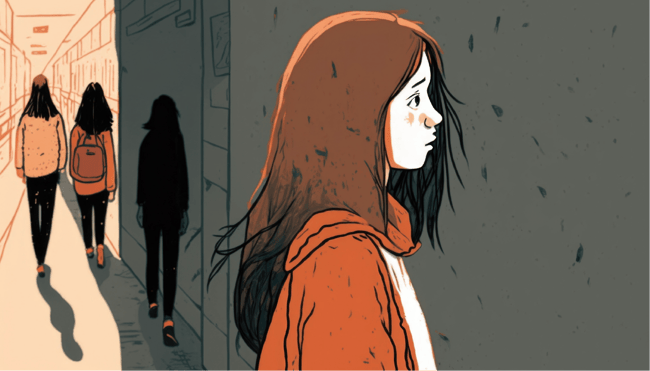
One of the most common signs of SAD is avoiding social situations. People with SAD often avoid social gatherings, parties, or even events where they have to interact with people.
Fear of being judged
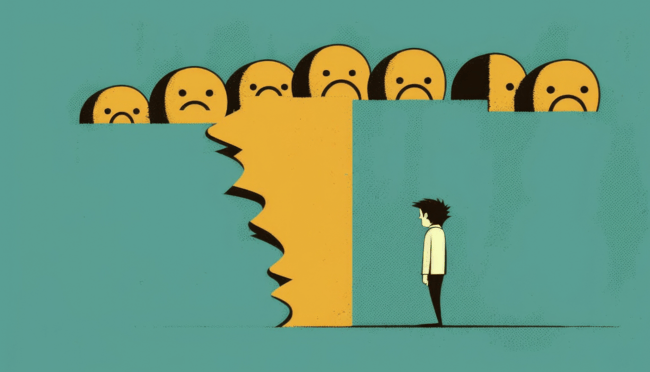
People with SAD often worry about being judged, criticized or rejected by others. They may feel like they are being watched or evaluated constantly, even when there is no reason to believe that others are paying attention to them.
Physical symptoms
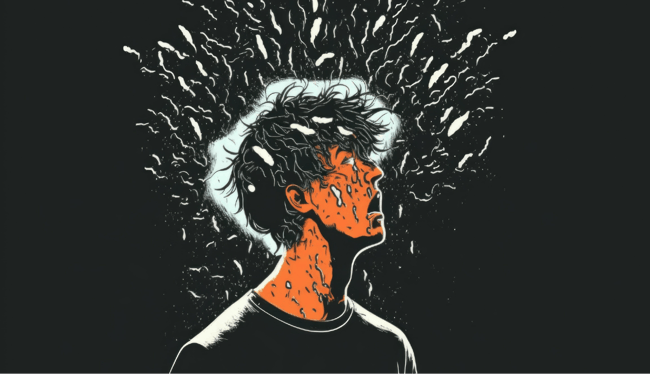
SAD can cause physical symptoms such as sweating, blushing, trembling, or nausea. These symptoms may be triggered by social situations, public speaking or meeting new people.
Difficulty speaking
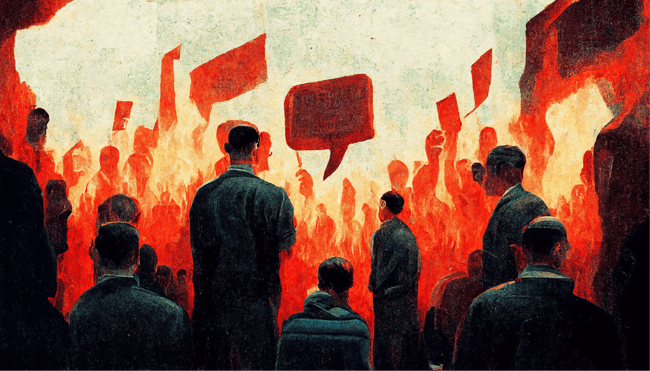
People with SAD may have difficulty speaking, stuttering, or stumbling over their words in social situations. They may worry about saying something embarrassing or stupid, which can make it difficult for them to communicate effectively.
This can also cause performance anxiety in situations like public speaking or performing in front of others. People with SAD may worry about making mistakes, being judged, or not performing well.
Self-consciousness
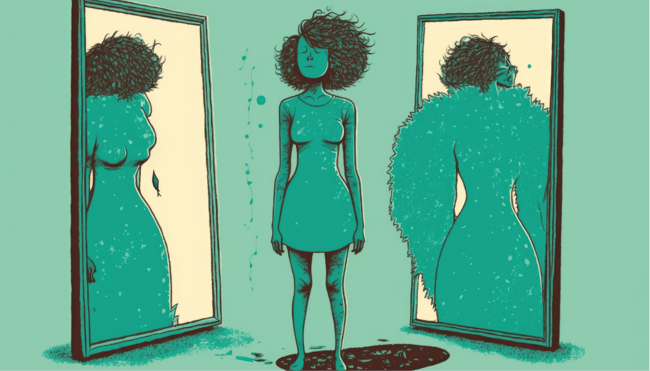
People with SAD maybe overly self-conscious about their appearance or behavior in social situations. They may worry about their clothing, hair, or makeup constantly check their appearance in mirrors or other reflective surfaces.
Difficulty making friends
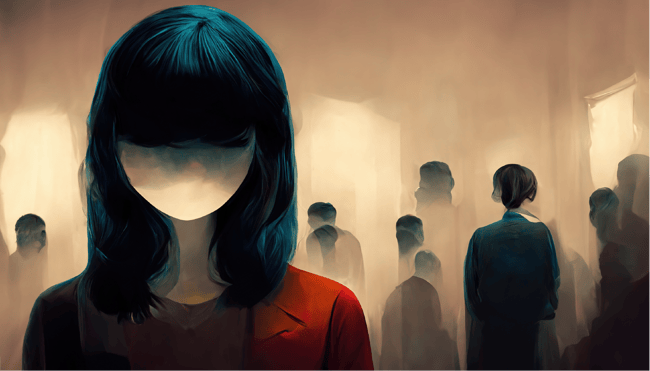
People with SAD may have difficulty making and maintaining friends. They may feel like they don’t fit in or that others don’t like them, even when there is no evidence to support their belief.
Negative self-talk
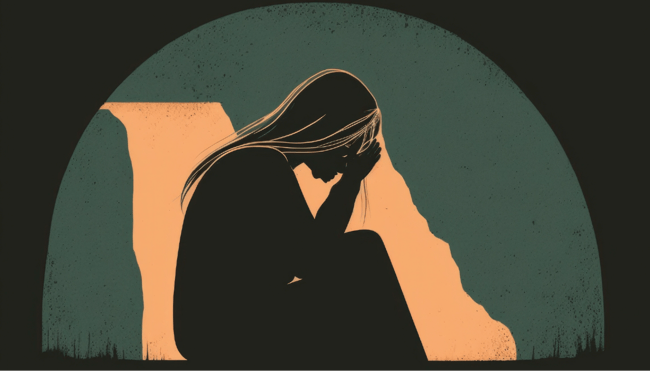
People with SAD may engage in negative self-talk, carrying on an internal dialogue of being stupid, boring or unlikable. These thoughts can contribute to feelings of anxiety and low self-esteem. They avoid eye contact with others, which can make it difficult to communicate effectively in social situations.
Panic attacks
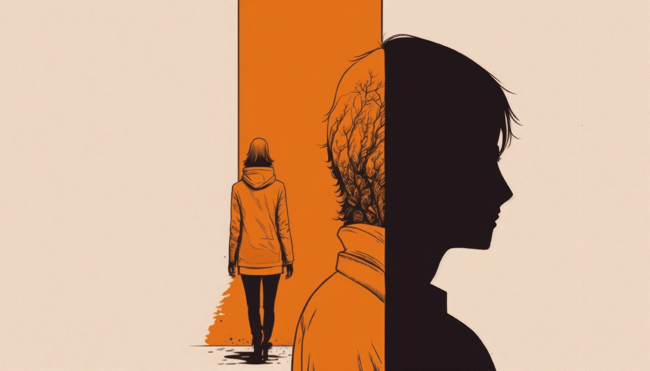
In severe cases, social anxiety disorder can lead to panic attacks. Panic attacks are characterized by sudden and intense feelings of fear or anxiety, accompanied by physical symptoms such as chest pain, rapid heartbeat, or shortness of breath. Panic attacks can be triggered by worrying uncontrollably causing distress.
Help is available
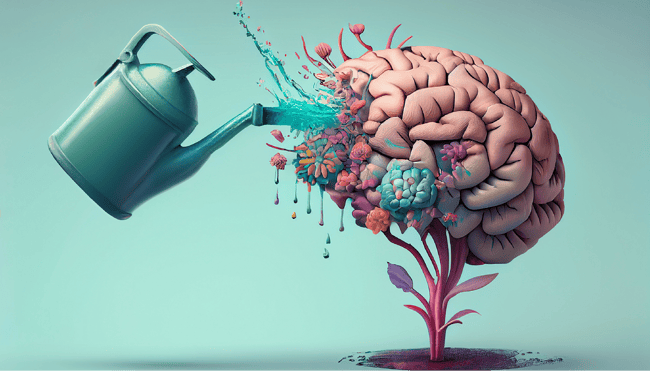
If your worrying affects your daily life, including school, your job and your social life. And you cannot let go of your worries including minor concerns, such as household chores. It’s important to seek professional help, even if you are currently taking medication for anxiety. Social anxiety disorder can be effectively treated with psychotherapy, medication, or a combination of both.
Are you currently taking medication for Anxiety and not happy with the results? You may want to consider an anxiety clinical trial. Find out more.


